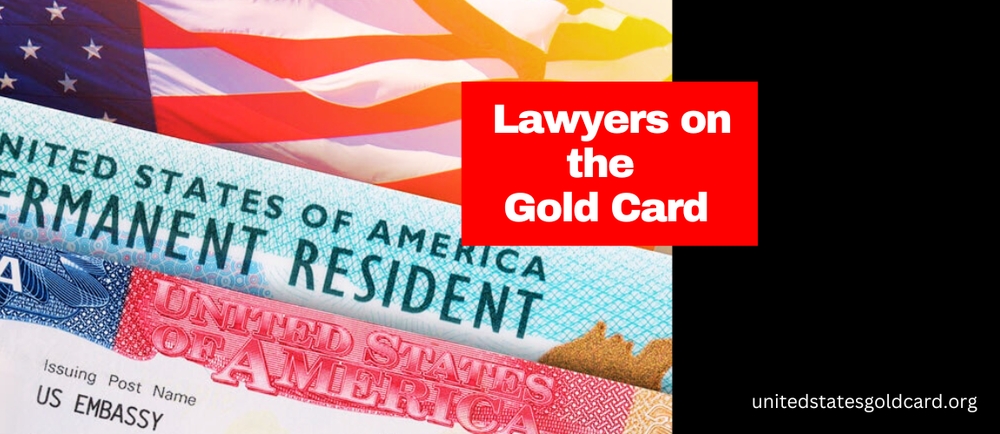Published
- 4 min read
Expert Opinions: What Immigration Lawyers Say About the Gold Card Proposal

Expert Opinions: What Immigration Lawyers Say About the Gold Card Proposal
Inside the Legal Minds Weighing In on a Bold New Immigration Initiative
The announcement of Trump’s Gold Card visa has stirred up a flurry of commentary from immigration law professionals. In this post, we bring together a curated selection of expert insights and analysis, shedding light on the potential strengths of this high-priced investor visa—and the significant legal hurdles it might face.
A Bold Proposal Under the Microscope
The Gold Card visa promises to simplify the path to U.S. residency for the ultra-wealthy with a straightforward, cash-only investment of $5 million. Unlike the traditional EB‑5 program, which requires both a financial commitment and job creation, this new proposal aims to streamline the process. But as many legal experts point out, the implications of “selling” citizenship go far beyond the transactional.
Legal Concerns: Uncharted Territory
Congressional Authority and Executive Overreach A common theme in expert discussions is the question of constitutional authority. Immigration is an enumerated power of Congress under Article I, Section 8, meaning any sweeping changes typically require legislative approval. Several immigration lawyers caution that Trump’s unilateral move to replace the EB‑5 program could face serious legal challenges on the grounds of executive overreach.
- “Replacing an established program like EB‑5 without explicit Congressional backing is legally risky,” noted one expert, emphasizing that such a move might be swiftly contested in court.
Precedent and Policy Continuity Other professionals stress the importance of legal precedent. Past executive actions aimed at altering immigration policy have frequently been met with judicial scrutiny. While the Gold Card proposal is innovative in its promise of simplicity, its long-term viability may depend on whether it can align with established legal frameworks.
- One legal scholar remarked, “The concept is interesting, but if it doesn’t hold up against constitutional scrutiny, it could be rolled back or invalidated entirely.”
Economic Promises vs. Legal Realities
Attracting Elite Investors Supporters of the proposal argue that the high investment threshold ensures only the most serious and financially robust applicants will participate. This could lead to a higher quality of investment and less room for fraud—a recurring issue with the EB‑5 program.
- Some immigration attorneys acknowledge that a “cash-only” model might reduce certain risks, but they also warn that this comes with the potential pitfall of commodifying citizenship.
A Matter of National Identity Beyond the legal technicalities, many experts are troubled by the notion that citizenship could be purchased. Turning a fundamental right into a high-priced commodity raises profound questions about equity and national identity.
- As one practitioner put it, “It’s one thing to incentivize investment, but it’s another entirely to effectively sell a piece of your nation to the highest bidder.”
Weighing the Strengths and Potential Hurdles
Despite the controversy, there is cautious optimism among some legal voices regarding the efficiency and clarity that the Gold Card proposal might bring. They argue that if implemented with robust safeguards, the visa could:
- Streamline the Process: Offer a faster, simpler route to residency for investors, eliminating some of the cumbersome steps inherent in the EB‑5 system.
- Reduce Fraud: The high investment requirement may deter questionable investments, potentially leading to a cleaner, more transparent process.
However, the consensus remains that any path to citizenship must balance economic benefits with the need for rigorous legal and constitutional adherence. The success of the Gold Card visa will depend not only on its economic merits but also on its ability to withstand legal challenges that could arise from its unprecedented nature.
Final Thoughts: A High-Stakes Debate
Trump’s Gold Card visa continues to spark debate among immigration experts. While its streamlined, high-value approach might appeal to elite investors, the legal hurdles—ranging from questions of executive authority to broader concerns about commodifying citizenship—cannot be ignored. As the proposal moves closer to implementation, its fate may ultimately be decided in the courts as much as in the marketplace.